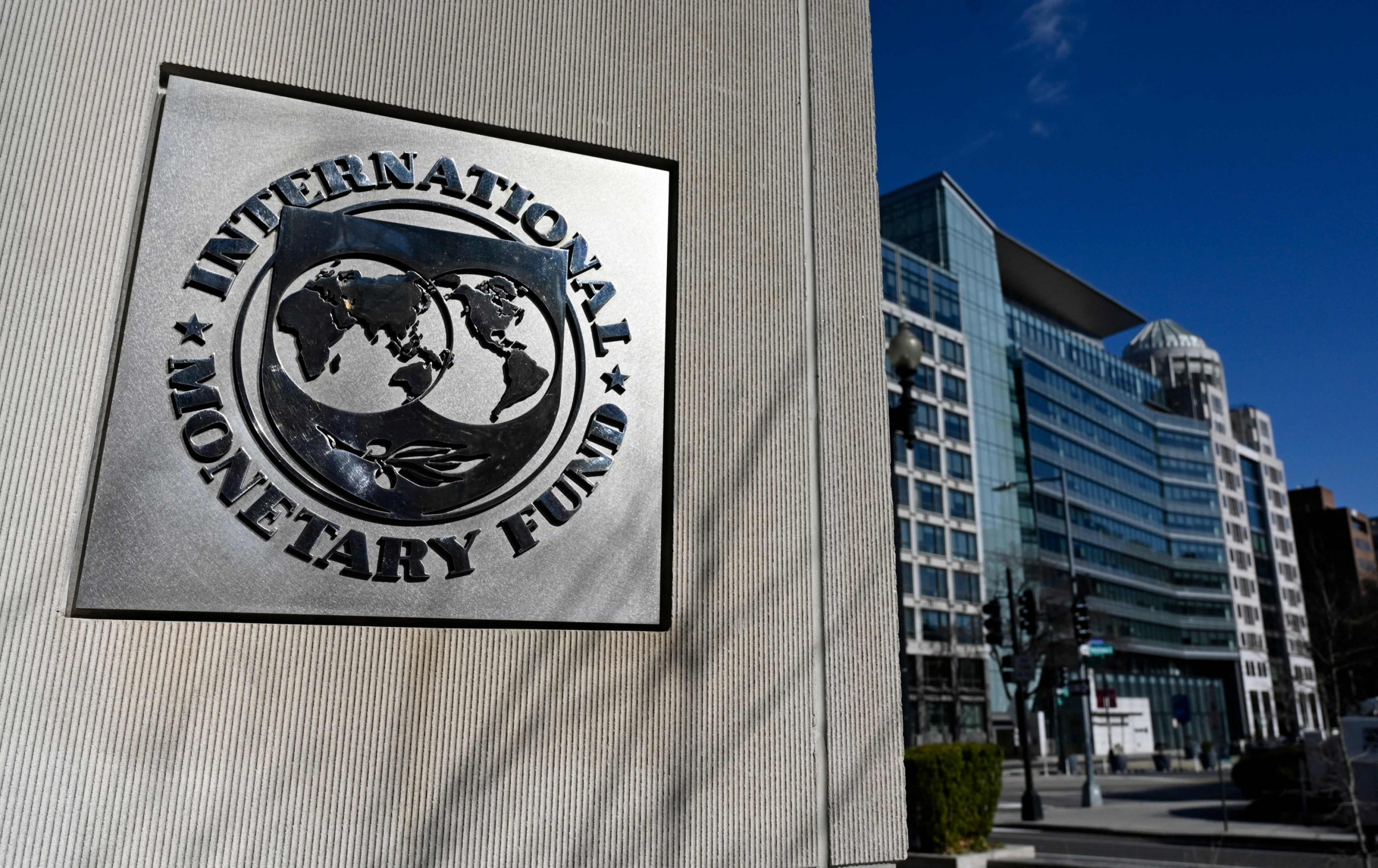- The International Monetary Fund (IMF) is a global organization that was established in 1944 with the primary objective of promoting international monetary cooperation and exchange rate stability, facilitating balanced international trade, and promoting economic growth and employment.
- The IMF currently has 190 member countries and provides financial assistance, policy advice, and technical assistance to member countries experiencing economic difficulties.
History of the IMF:
- The IMF was established in 1944 as part of the Bretton Woods Agreement.
- Its primary objective was to stabilize the international monetary system and prevent currency devaluations.
- Since then, the IMF’s mandate has expanded to include promoting international financial stability, providing financial assistance to member countries experiencing economic difficulties, and providing policy advice and technical assistance to member countries.
Features/Characteristics of the IMF:
- Membership: The IMF has 190 member countries, and each member country has a voting share that is based on its economic size.
- Financial Resources: The IMF has financial resources that it can provide to member countries experiencing economic difficulties, including loans and credit lines.
- Policy Advice: The IMF provides policy advice to member countries on macroeconomic issues, including fiscal policy, monetary policy, and exchange rate policy.
- Technical Assistance: The IMF provides technical assistance to member countries to help them build their capacity in various areas, including finance, governance, and economic policy.
Functions/Objectives of the IMF:
- Promoting International Monetary Cooperation: The primary objective of the IMF is to promote international monetary cooperation and exchange rate stability.
- Providing Financial Assistance: The IMF provides financial assistance to member countries experiencing economic difficulties, including balance of payments crises and debt crises.
- Policy Advice: The IMF provides policy advice to member countries to help them address macroeconomic imbalances and promote economic growth.
- Technical Assistance: The IMF provides technical assistance to member countries to help them build their capacity in various areas, including finance, governance, and economic policy.
Examples of IMF Activities in Zimbabwe:
- Financial Assistance: The IMF has provided financial assistance to Zimbabwe on several occasions, including a loan program in 2019 to support economic reforms and address the country’s macroeconomic imbalances.
- Policy Advice: The IMF has provided policy advice to Zimbabwe on various macroeconomic issues, including fiscal policy, monetary policy, and exchange rate policy.
- Technical Assistance: The IMF has provided technical assistance to Zimbabwe to help the country build its capacity in various areas, including finance, governance, and economic policy.




